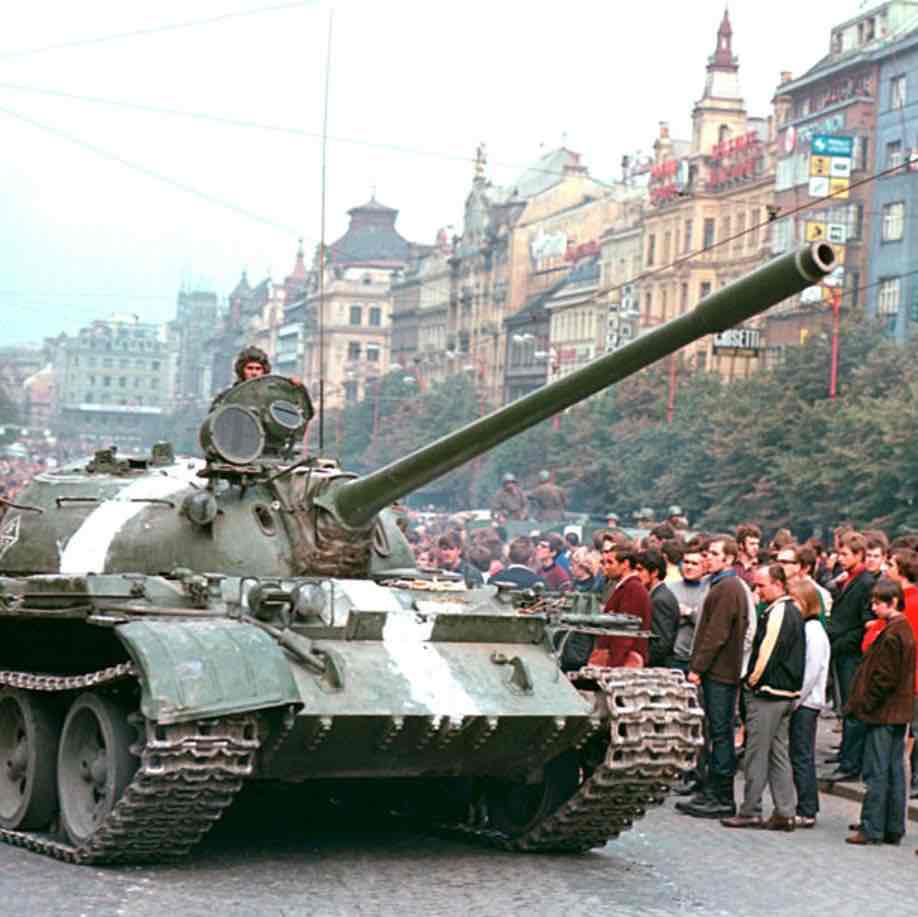Hungary, Berlin, Czechoslovakia 1956-1968
1/21
There's no tags or description
Looks like no tags are added yet.
Name | Mastery | Learn | Test | Matching | Spaced | Call with Kai |
|---|
No analytics yet
Send a link to your students to track their progress
22 Terms
De-Stalinisation
Krushchev's initiative to remove the influence of Stalin's policies and ideology from the USSR.
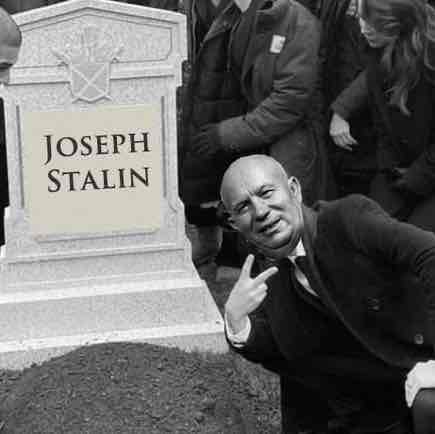
Gustav Husak
Replaced Alexander Dubcek as the leader of Czechoslovakia after the suppression of the Prague Spring.
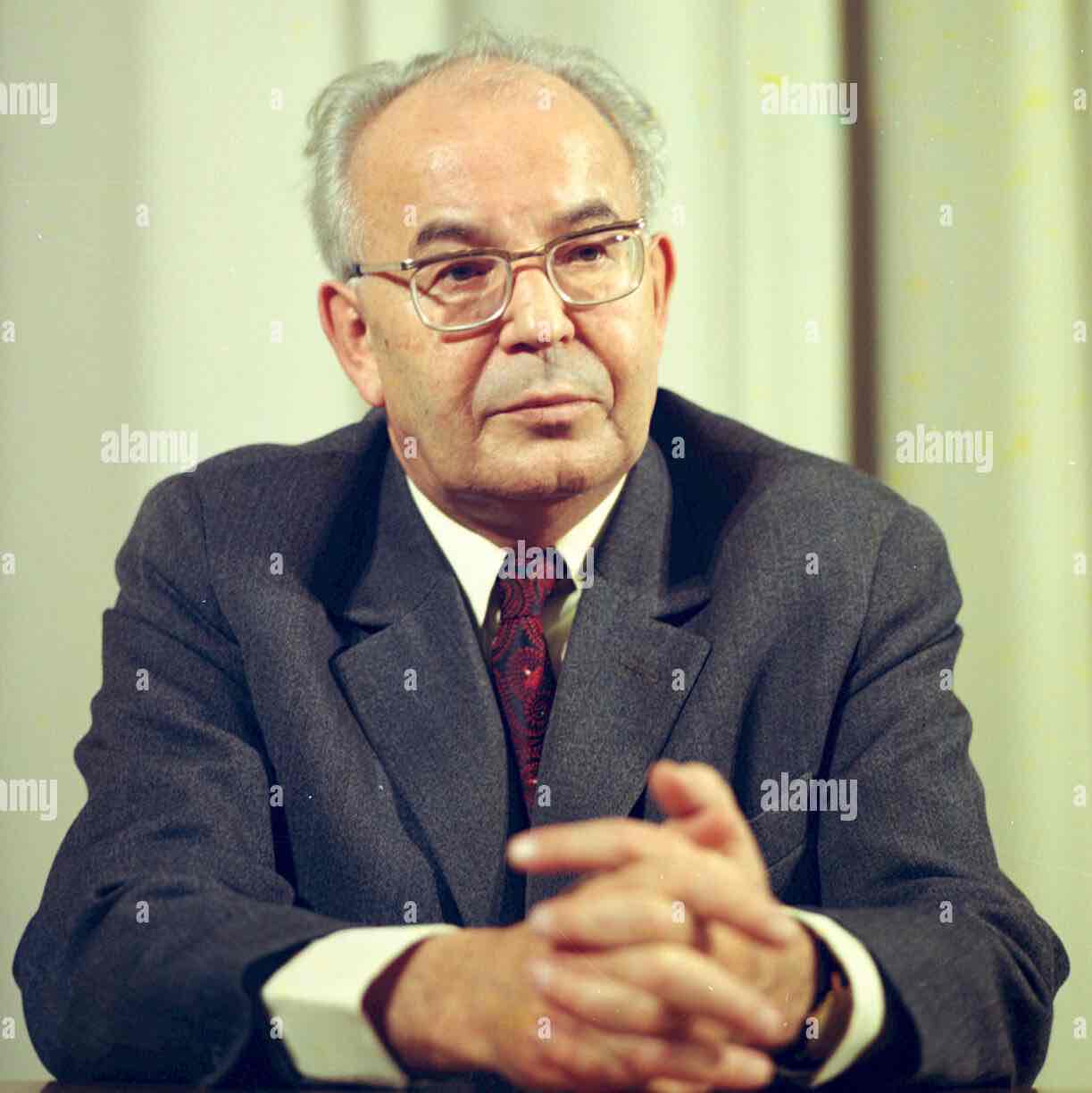
Berlin Crisis
Tension and events surrounding the construction of the Berlin Wall, causing increased anti-communist feelings in the West.

Symbolism of the Berlin Wall
The Berlin Wall became a symbol of divisions between East and West, increasing anti-communist feelings in the West.
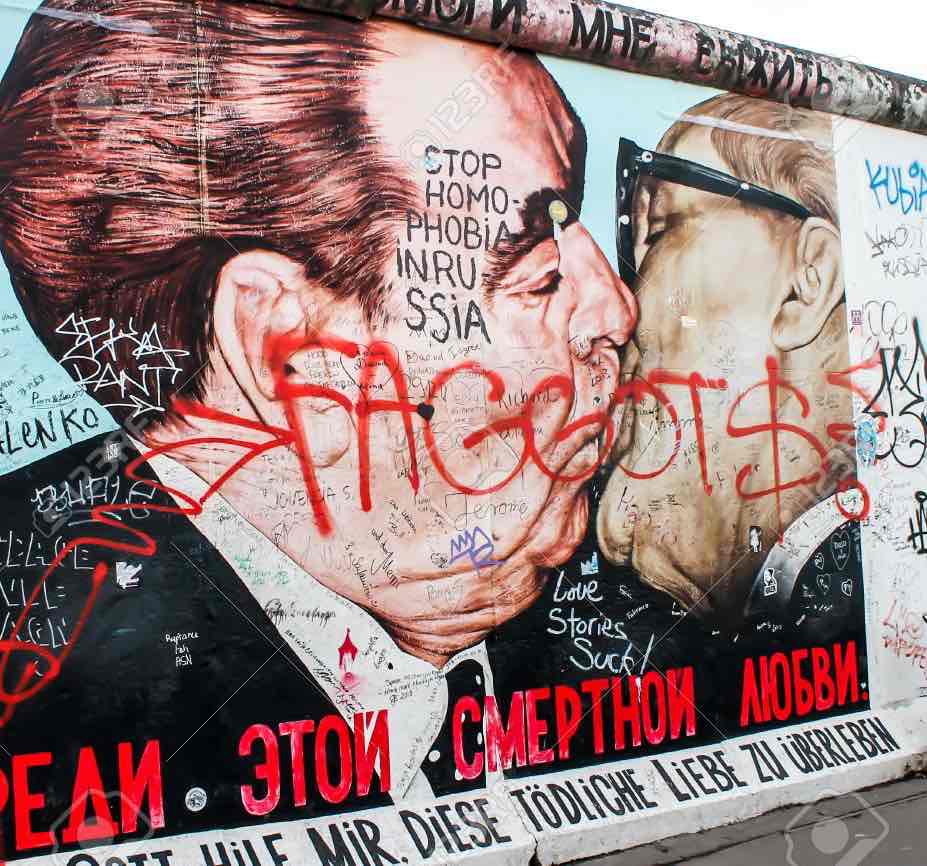
Response of the USA to the Berlin Wall
Public protest but no direct action, with private relief at the closure of the situation by the Soviets.
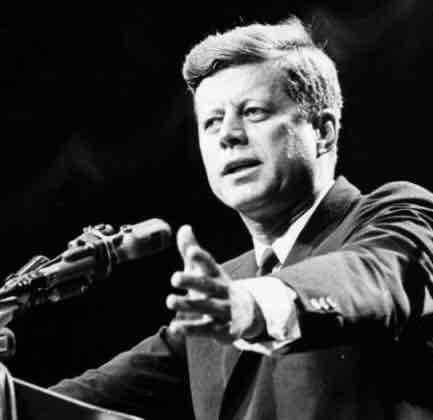
Impact of the Invasion of Czechoslovakia
The invasion did not significantly damage relations, but further decreased the popularity of communism in the West.
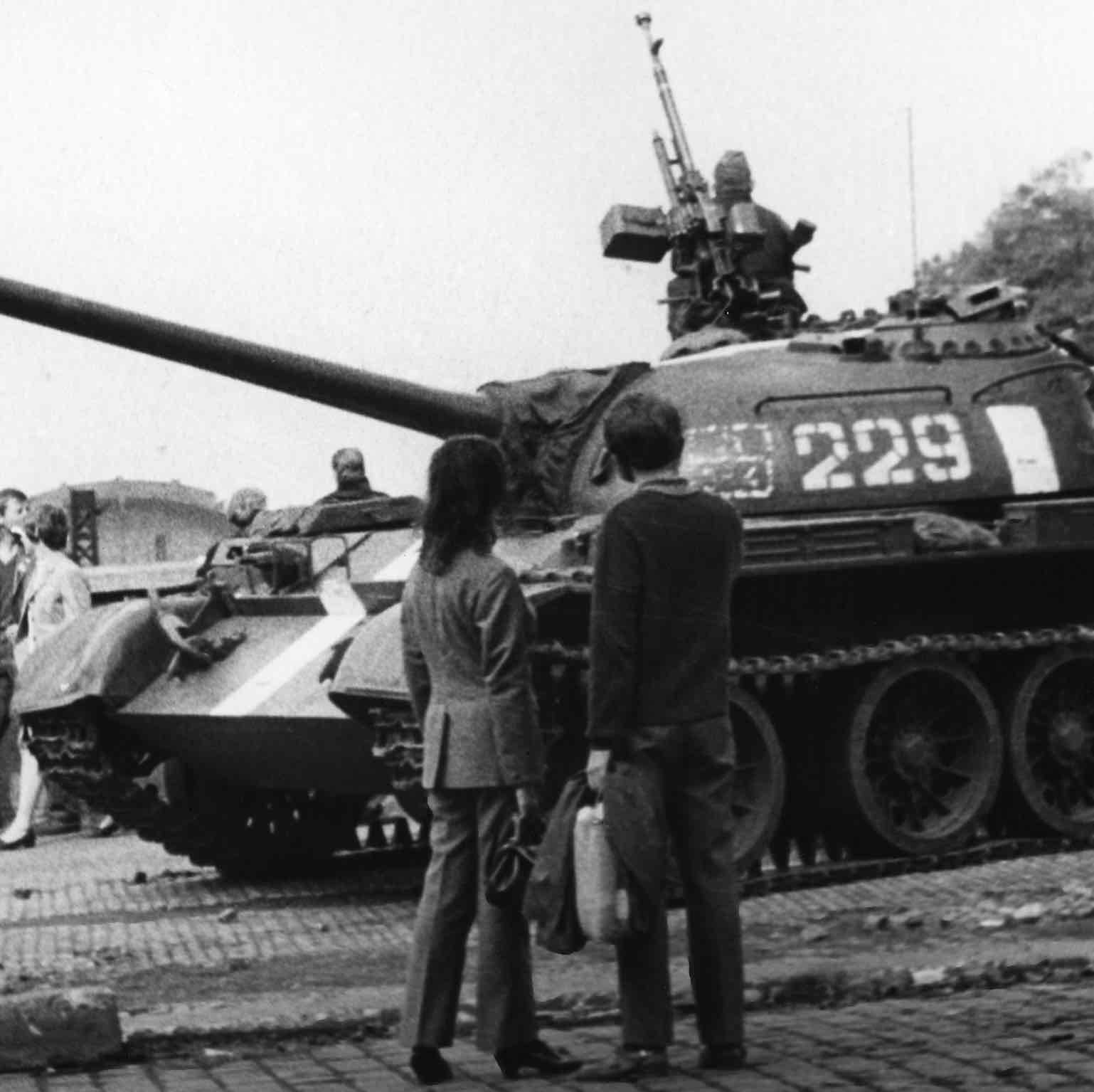
Violent Resistance in Czechoslovakia
Despite Dubcek's call for peaceful opposition, there were instances of violent resistance to the Soviet invasion during the Prague Spring.
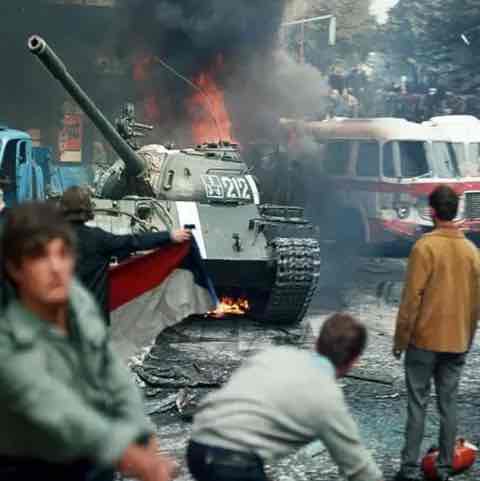
Stalin
Leader of the USSR until 1953, known for his harsh policies and treatment of non-communist nations.
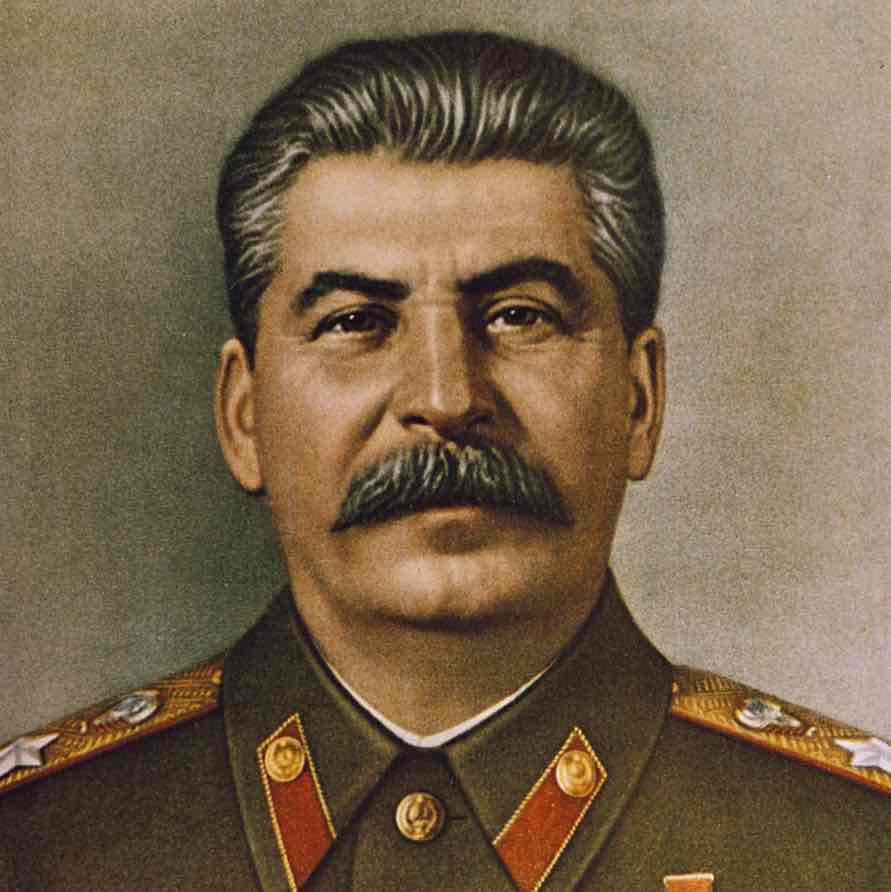
Nikita Krushchev
Succeeded Stalin as the leader of the USSR in 1955, initiated a thaw in the Cold War, and de-Stalinised the USSR.
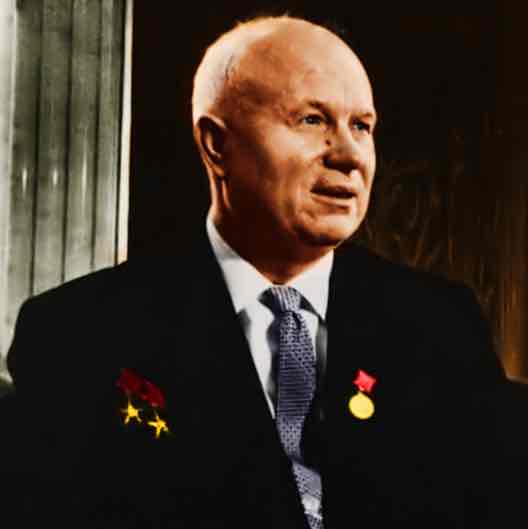
Thaw in the Cold War
Krushchev's policy of seeking peaceful co-existence with non-communist nations and denouncing Stalin's policies.
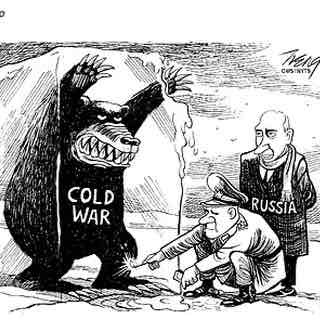
Hungarian Revolution (1956)
A full-scale rebellion in Hungary in October-November 1956, suppressed by the USSR sending in tanks.
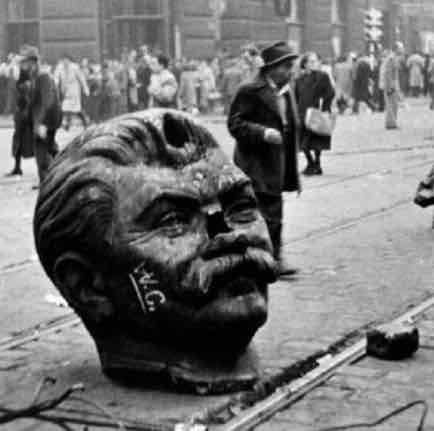
Berlin Wall
A massive wall built in August 1961 by Krushchev to permanently divide East and West Berlin, aiming to stop people from fleeing to the West.
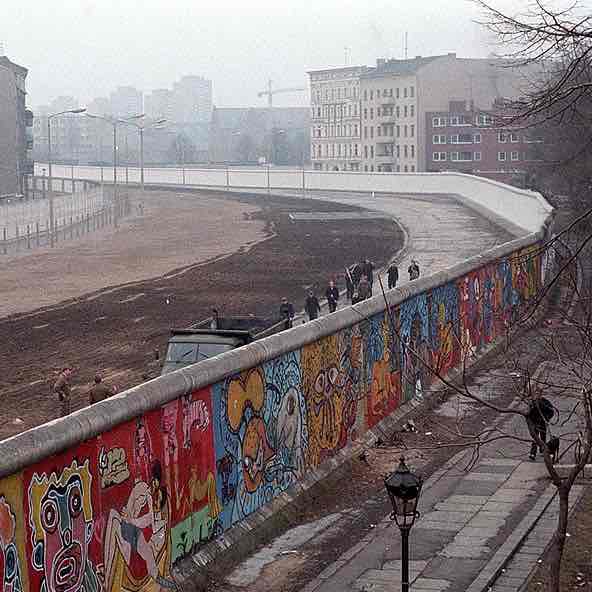
Prague Spring
Reform movement led by Alexander Dubcek in Czechoslovakia in 1968, which introduced political and economic reforms including freedom of speech and increased foreign trade.
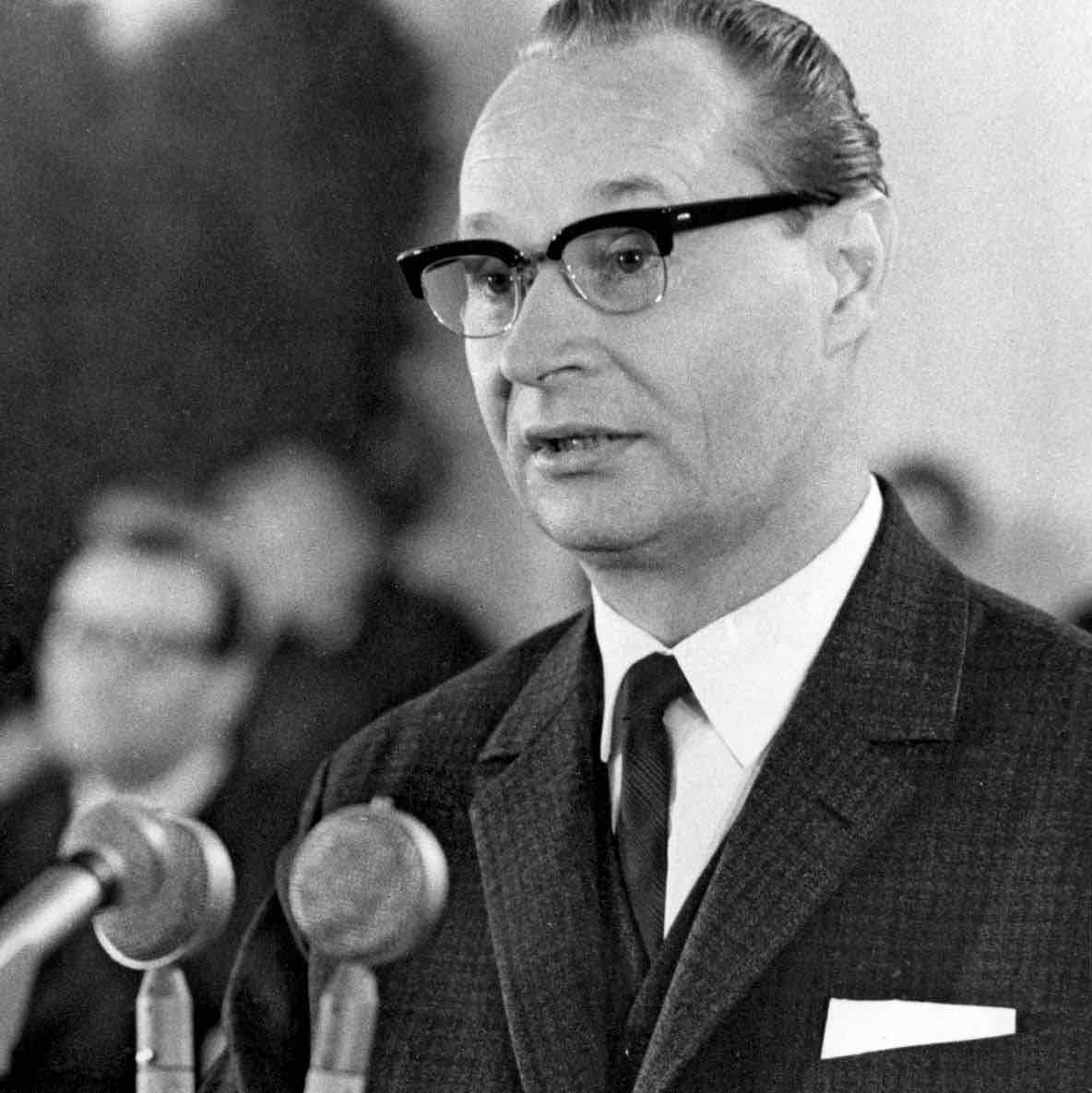
Brezhnev Doctrine
Brezhnev's policy stating that communist countries must act together to prevent communist countries from turning capitalist, introduced in 1968.
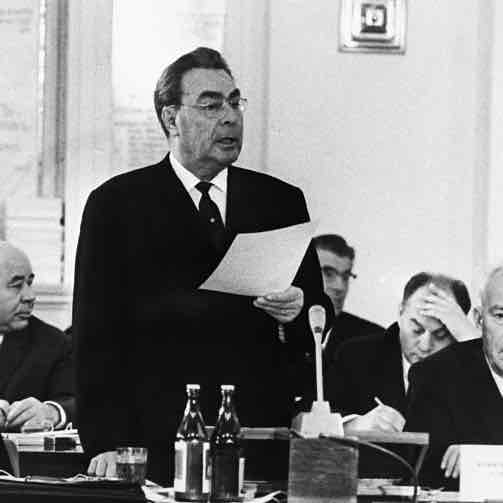
Leonid Brezhnev
Succeeded Krushchev as the leader of the USSR in 1964, and ordered the invasion of Czechoslovakia in 1968 to suppress the Prague Spring.
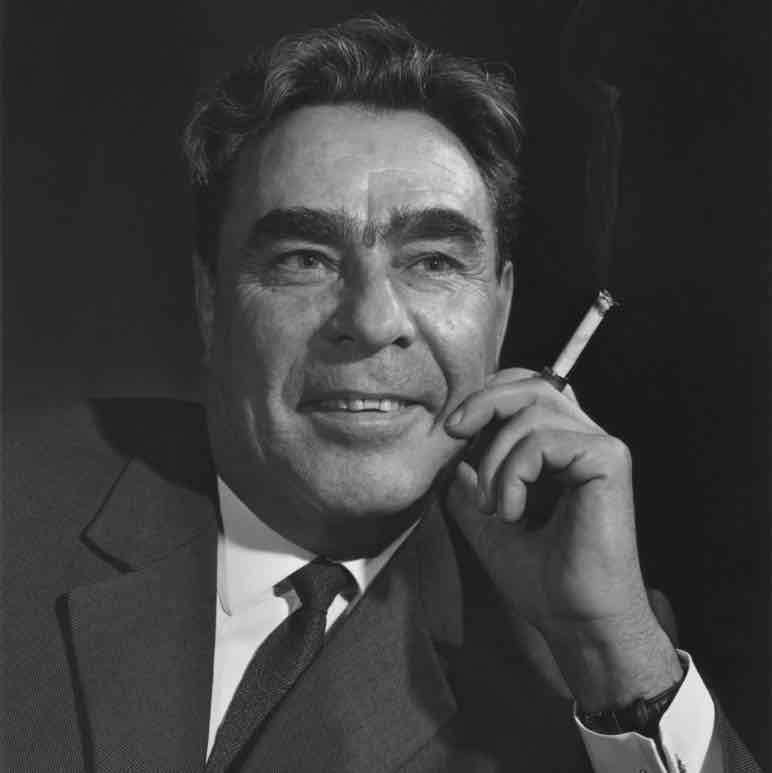
Warsaw Pact
A military alliance of communist Eastern European countries, including the USSR, formed in 1955 in response to the establishment of NATO.
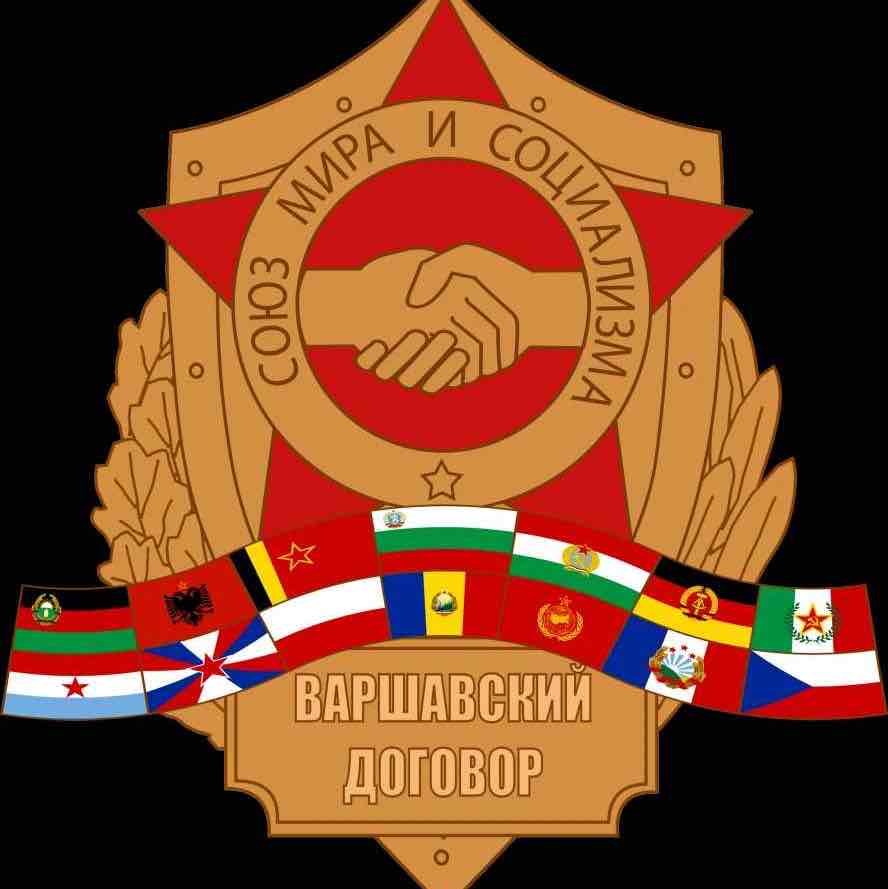
Burning Protest
Instances of students burning themselves to death in protest against the Soviet invasion during the Prague Spring.
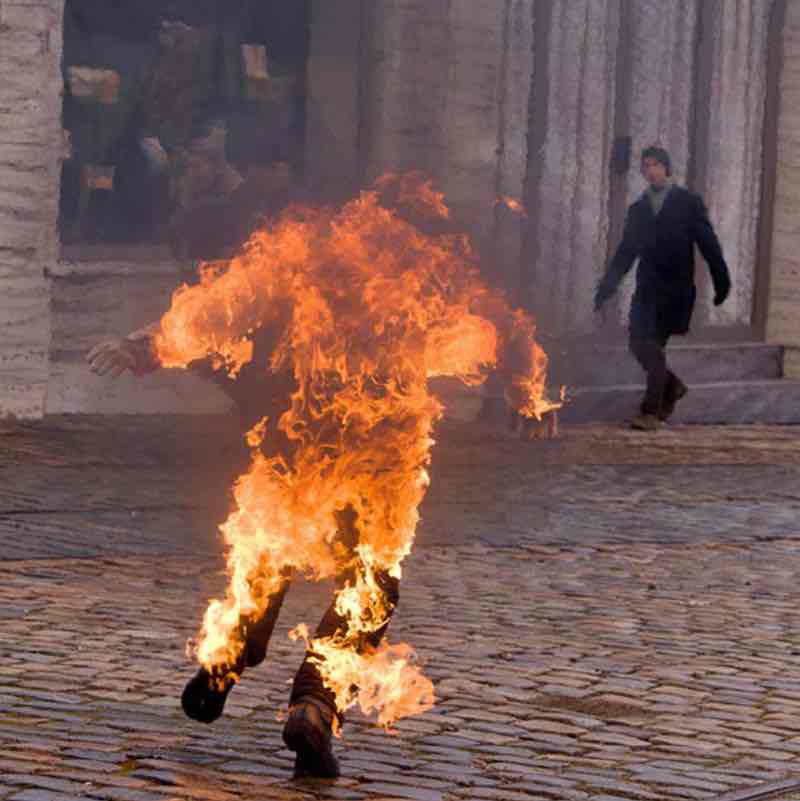
Brezhnev's Invasion of Czechoslovakia
The Soviet invasion of Czechoslovakia in 1968, ordered by Brezhnev to suppress the Prague Spring and maintain communist control.
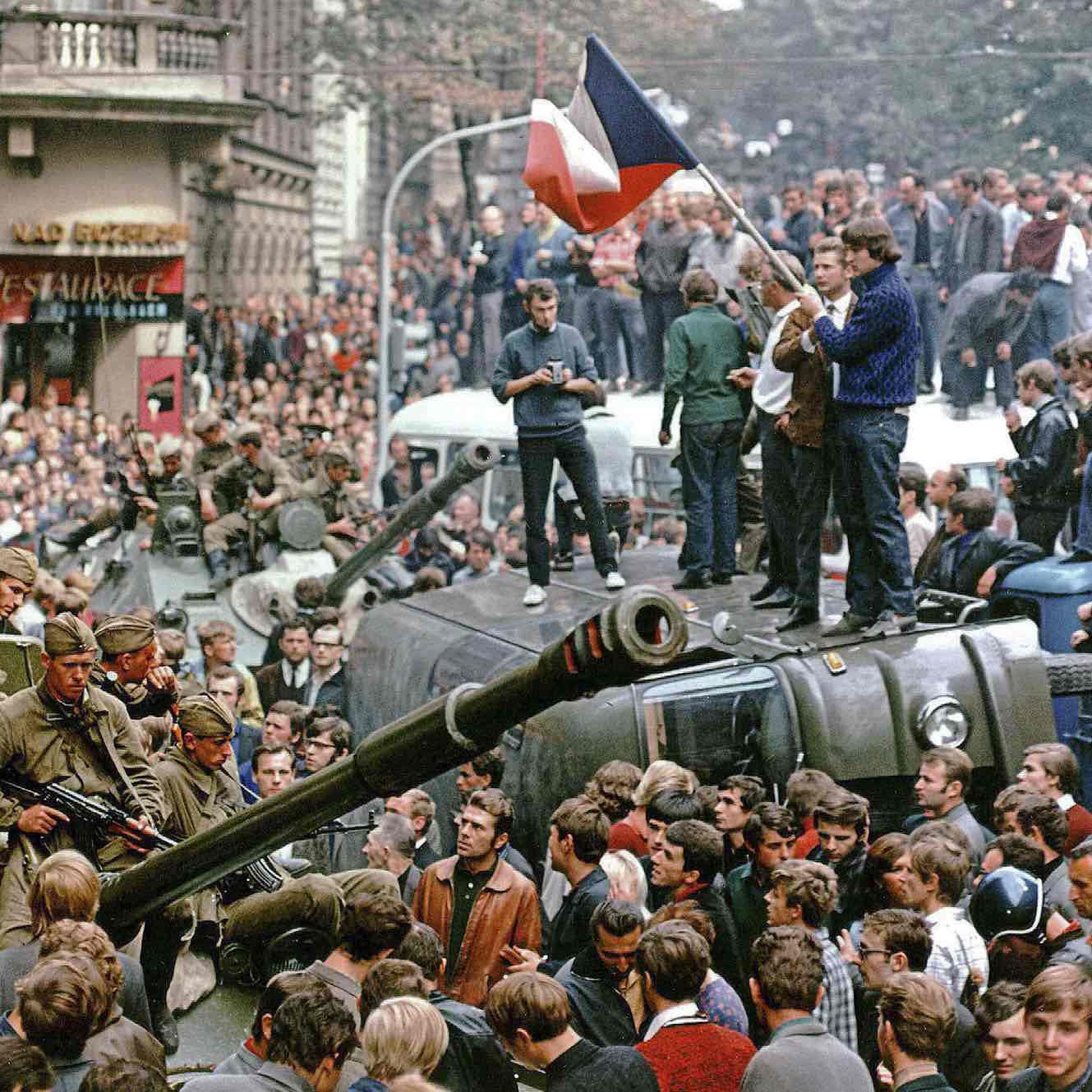
Spying in Berlin
Concerns of Krushchev about West Berlin being used for spying on the communist East, contributing to the decision to build the Berlin Wall.
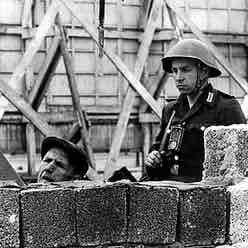
Labour Shortages in East Berlin
Resulted from a large number of people escaping to West Berlin, leading to the construction of the Berlin Wall to end the situation.
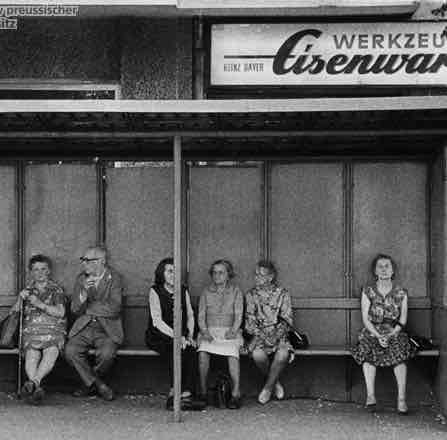
Impact of the Berlin Wall
The Berlin Wall became a cause of increased tension and anti-communist feelings in the West, despite the relief of the USA at the closure of the situation.
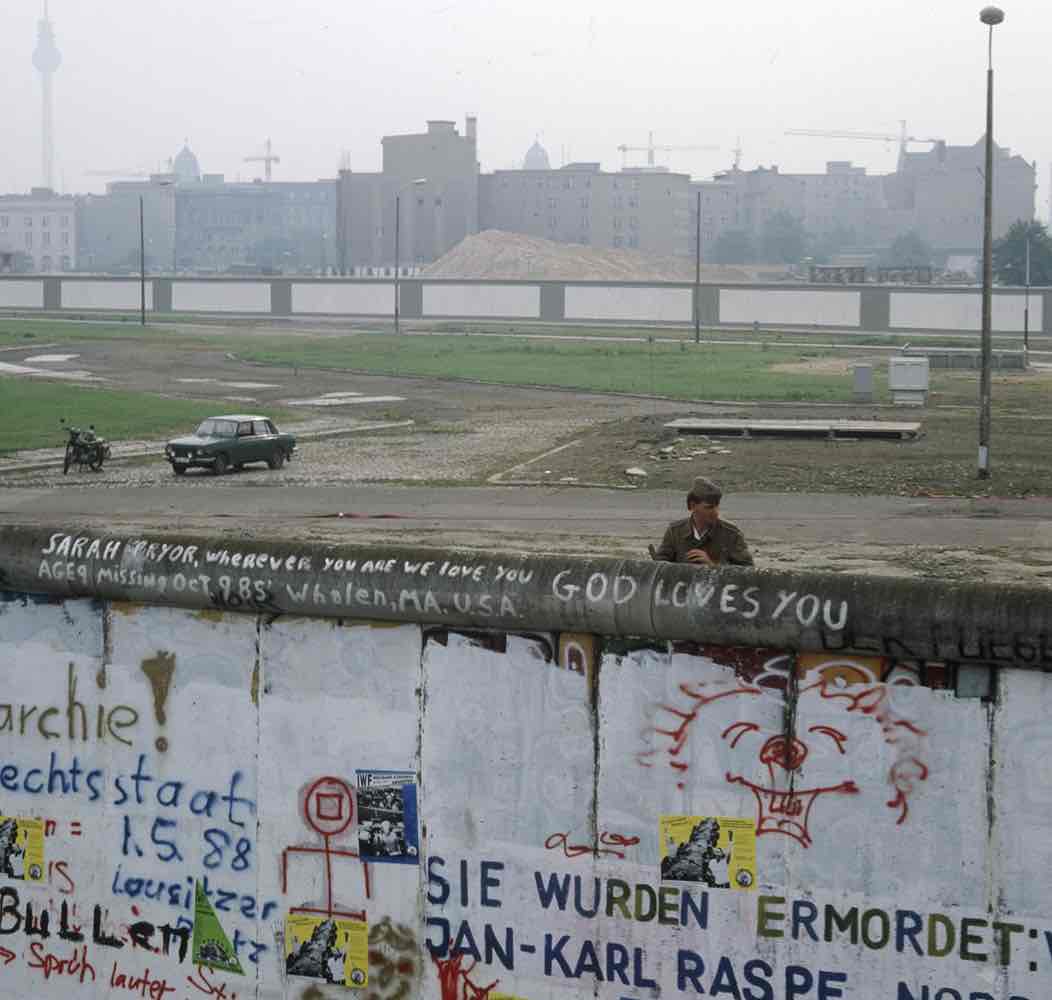
Soviet Invasion Casualties
Around 80 people were killed during the Soviet invasion of Czechoslovakia in 1968, with Dubcek being demoted but not executed.
